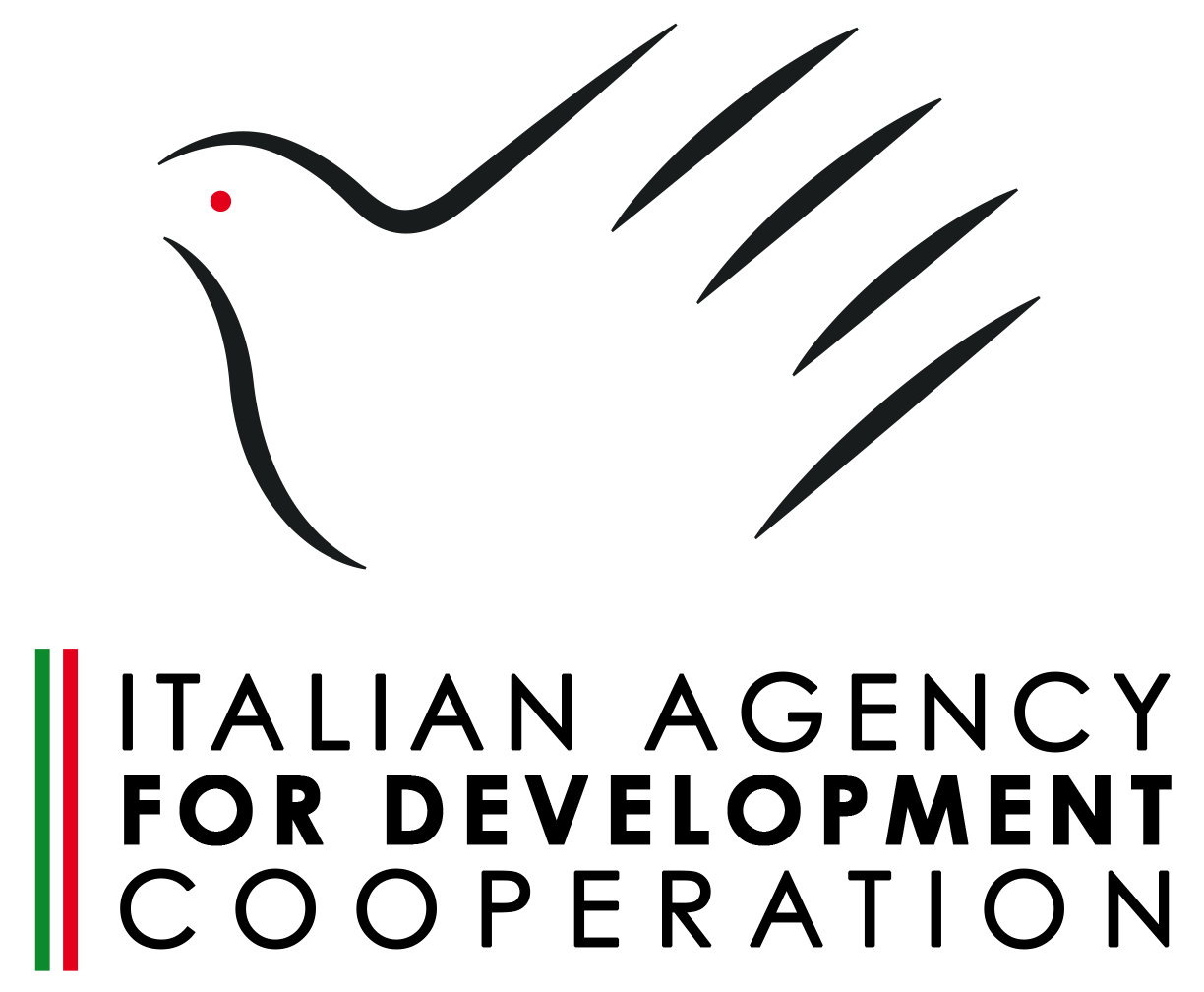After a thorough analysis, it was found that the beneficiaries living in the Kebkabyia area were drinking water without appropriate practices. COOPI intervened by distributing specific kits and training the household to the correct consumption of drinking water strengthening the local practices.
The project had been the combination of a Community-Driven Approach and direct assistance interventions: every project activity foresaw direct participation and capacity building of beneficiaries to guarantee future sustainability. In this regard, it is important to mention the direct involvement of the target beneficiaries (600 families) in building their own latrines through the distribution of kits and tools made by local materials. The latrine has been built through the Community Lead Total Sanitation methodology, which enables empowered decision-making by the community itself, through collective action to analyse its own hygiene and waste production situation and to implement a collective decision-making process aimed at stopping open defecation.
Throughout this project, COOPI improved the access to and the consumption of drinking water, the management of water resources and contributed to the improvement of the hygienic conditions of vulnerable communities at risk of epidemics/floods in the Kebkabyia area (North Darfur).
Thanks to positive cash residual, it had been possible to purchase an elevated tank for the neighbourhood of Um Beliso in the area, by allowing an increase in the number of beneficiaries.
